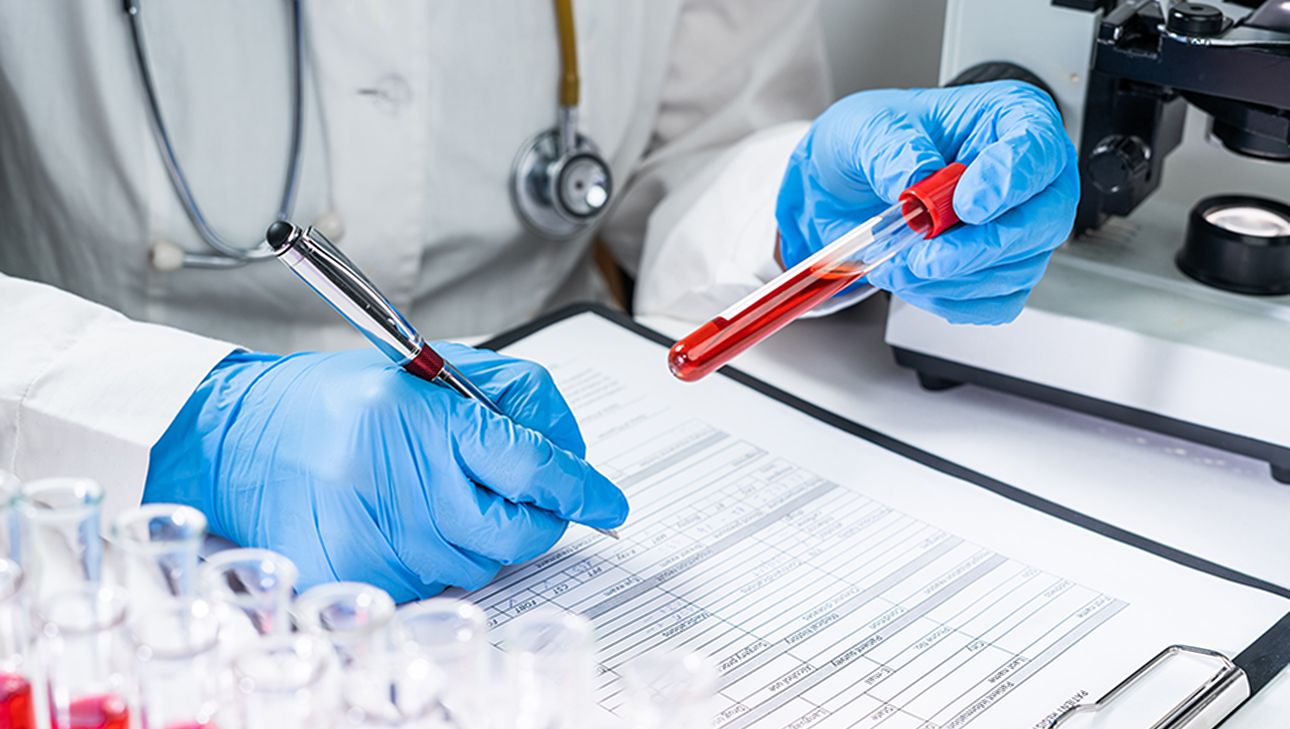In February 2022, a panel of Seattle Municipal Court judges suppressed nearly three years’ worth of blood samples containing methamphetamines and amphetamines. While the panel did not outright dismiss the cases, the panel ordered suppression of the positive blood test results in cases occurring between March 2018 and October 2021 for methamphetamine or amphetamine. The panel further ruled that any other drug(s) positively identified in the blood tests would be admissible at trial.
How did we get here?
Unlike other states that allow police officers to send blood samples to private labs, Washington requires all blood samples be submitted to a single toxicology lab – the Washington State Toxicology lab (“Tox lab”).
In March 2018, the Tox lab took over space from the crime lab. As it turns out, the crime lab had housed a methamphetamine production laboratory that was used for training purposes. Methamphetamine was synthesized 10 to 20 times in the space from 2002 to 2011. Due to the toxicology lab taking over the space, there was an environmental contamination. The contamination meant the level of methamphetamine found in the various areas exceeded the levels specified under WAC 246-205-541. This environmental contamination led to the possible contamination of all blood samples involving methamphetamine extracted in that lab.
In November 2018, one blood sample tested positive for methamphetamine and then tested negative during two subsequent tests, making the first a false positive. After which, the laboratory shut down and hired a cleaning company to decontaminate the room. However, even after the cleaning, 11 more samples resulted in “discrepant results.” This continued through April 2021.
Seattle judges found “the toxicology lab committed governmental mismanagement by continuing to conduct forensic testing on blood samples from June 2019 through October 2021, when meth contamination continued to be present in the lab.”
Why were the contaminated blood samples not challenged earlier?
The Tox lab hid the possible contamination for nearly 2 ½ years. In August 2020, the toxicology lab finally reported the possible contamination to prosecutors and defense attorneys. At which point, defense attorneys started gathering information, filing motions, and seeking dismissals.
For more information, see Panel of Seattle judges suppresses blood evidence due to meth contamination at Patrol lab | The Seattle Times.


